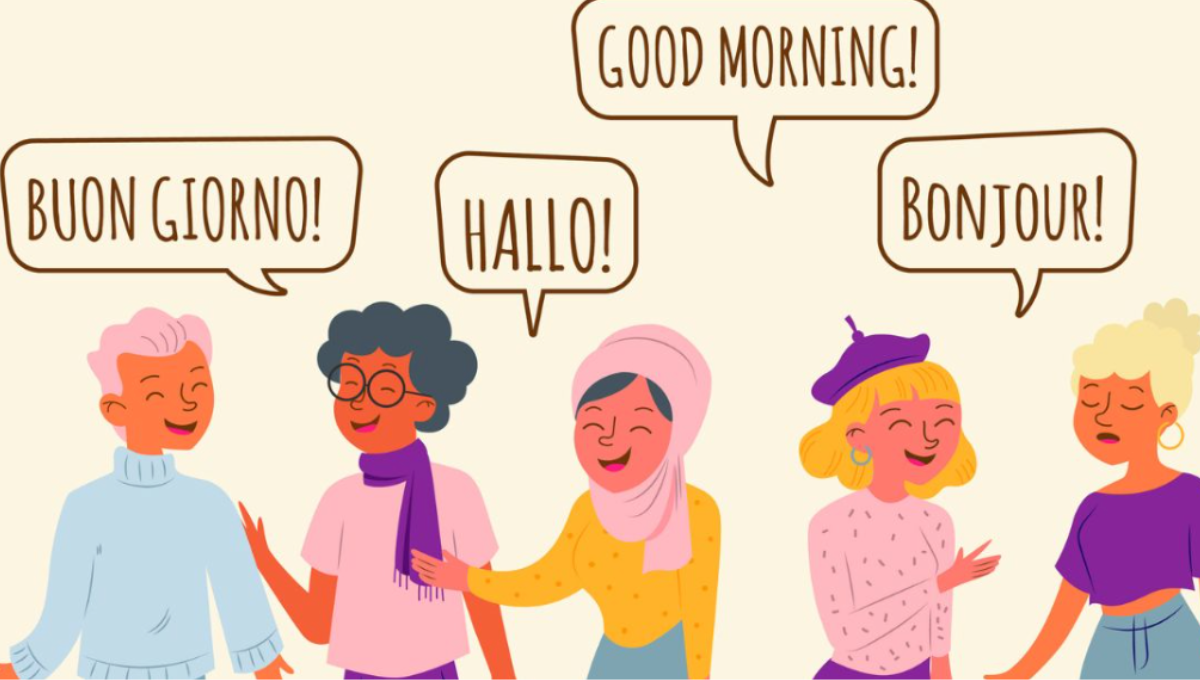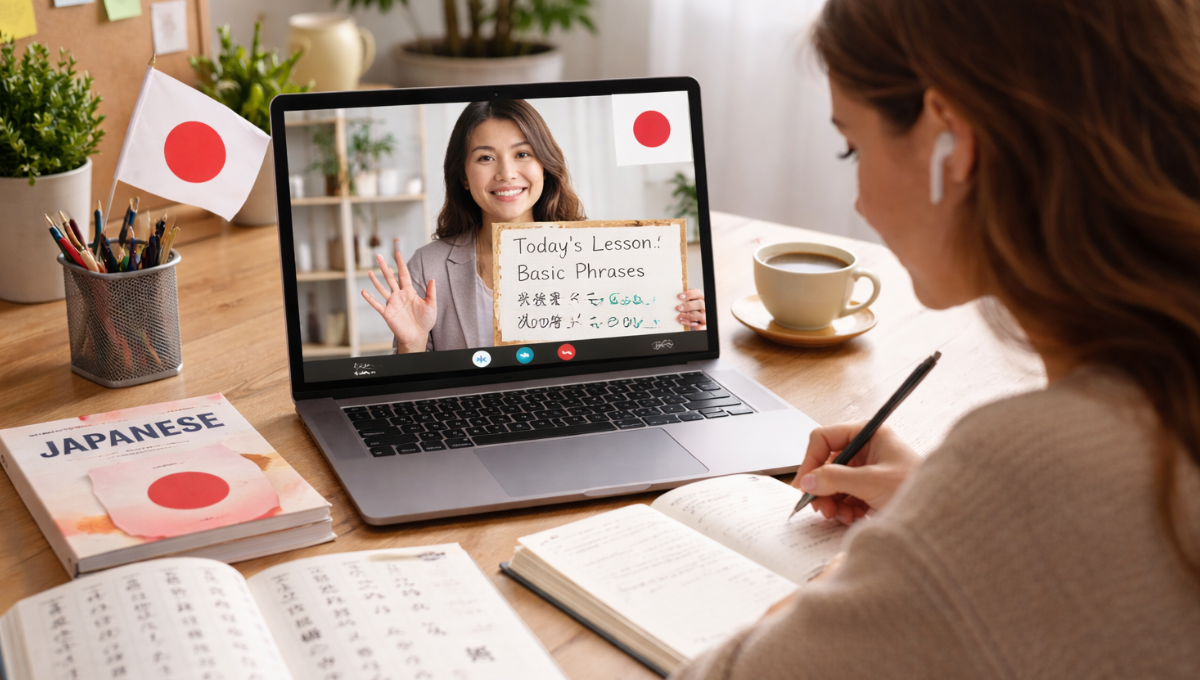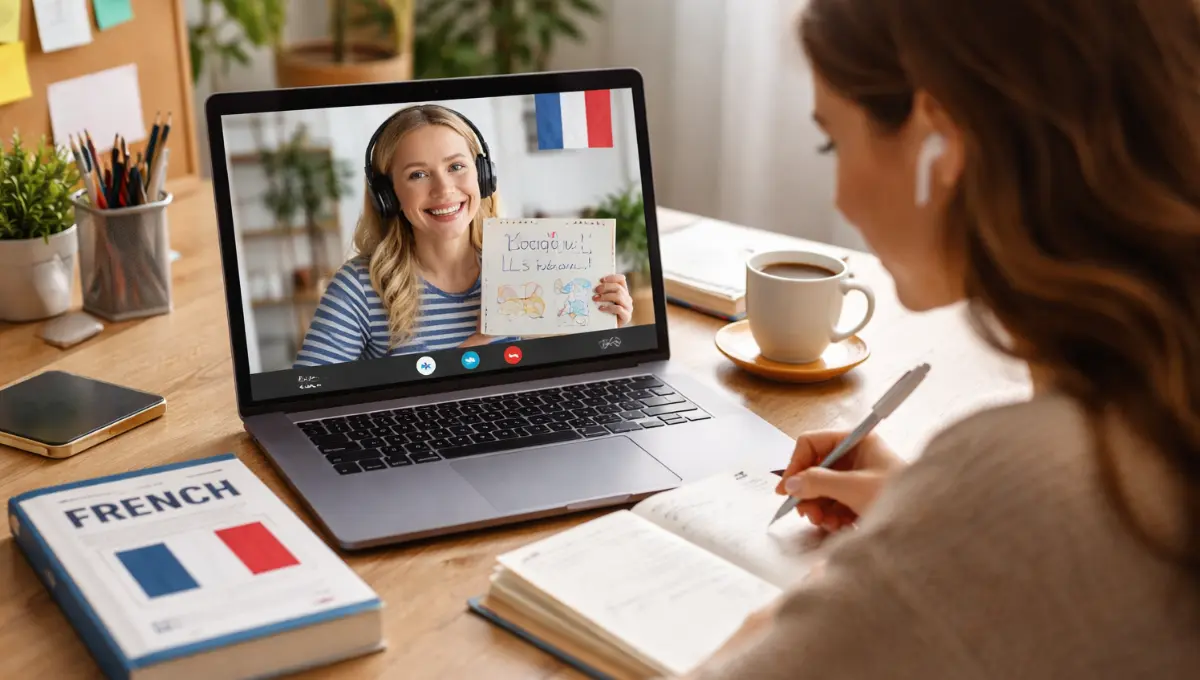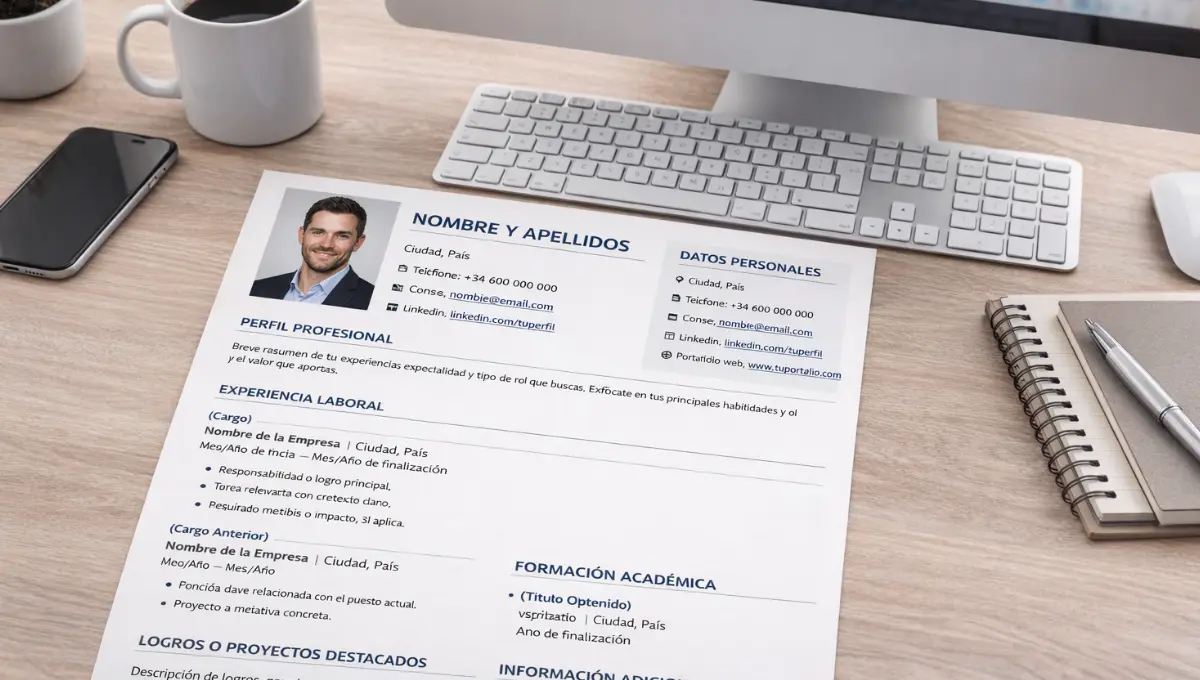It is a good idea to start with the basics when learning a foreign language. So, once you have learned how to say hello in German, you will want to learn how to say thank you and welcome in German as it’s an important vocabulary.
Hearing ‘you’re welcome’ will not only make everyone feel appreciated and validated. Saying it also feels good. There are numerous ways to say welcome in German, as well as numerous occasions to say it and we have compiled a list of them all.
Ways to say you are welcome in German
Bitte – you’re welcome
Bitte is a very versatile word that is essential to understand. It’s probably one of the first words you will learn when learning German.
Aside from “welcome,” other common meanings include “please,” “pardon?” and “May I assist you?” The context of the conversation influences the meaning. If you want to learn German online, try out italki. Under the supervision of the best German tutors, you will learn to speak and write German like a pro. Get enrolled online and start learning German today!

Find Your Perfect Teacher
At italki, you can find your German tutor from all qualified and experienced teachers. Now experience the excellent language learning journey!
Book a trial lesson
Bitte schön / Bitte sehr — you’re very welcome
Bitte schön and bitte sehr have a formal weight and are the logical counterparts to danke schön and danke sehr, respectively. They do, however, have other meanings, such as “here you go” (when offering something).
Gern geschehen / Gerne — my pleasure
Gern is an adverb that means “gladly,” but it can also be used as an expression to show your willingness to do something. For example, to say “yes, please,” simply say gern to an offer or request.
Gern geschehen literally translates to “done gladly” and is a polite way of accepting someone’s gratitude after doing them a favor.
Just like other languages, there are different German language levels that a learner needs to cover in order to become a fluent German speaker. You need to stay consistent to cover all the learning levels at a gradual pace.
Aber gerne doch — But of course
This phrase can also be translated literally as “but gladly.” Doch is a small but powerful word with a variety of connotations and roles, but it serves to strengthen the sentiment you are trying to convey here. In other words, you are emphasizing the fact that someone is indeed welcome.
This is a gracious and elegant way to accept thanks, and it will undoubtedly make the person feel warm and fuzzy inside. It can also help to demonstrate your own willingness to be kind or helpful, demonstrating that whatever you have done is in your nature.
Kein Problem — no problem
Here’s a popular one that you English speakers will have no trouble remembering. Kein Problem can also be used in response to a potentially offensive remark, meaning “no offense taken.”
Keine Ursache — No problem / worries
Because Ursache means “reason” or “cause,” the literal translation of this phrase is “no reason.” In other words, there was no need to express gratitude in the first place. A close English equivalent could be “don’t bring it up.”
This phrase is frequently interchanged with the phrase kein Problem. Both have roughly the same level of formality.
Nicht dafür — don’t mention it
This is a common phrase in northern Germany, but it is gaining popularity in the southern region as well. Nicht dafür can be used when the done favor isn’t worth much thanks, as if it was part of one’s job, to begin with.
The wording of this phrase may appear impolite or prudish, as it could be interpreted as “never mind” in the face of gratitude. If you’re wary, you can choose an alternative expression to accept someone’s gratitude.
Passt schon — it’s okay
This is one of those common expressions with multiple meanings. It literally means “it fits,” but it also has colloquial meanings such as “it’s okay” or “never mind.”
It can, however, be used as a very casual and informal phrase to dismiss someone’s thanks or apologies. You probably don’t want to use this when the person thanking you is sincere and making an effort to express their gratitude. When used incorrectly, it can make you appear careless, so save it for casual situations.
War mir ein Vergnügen — it was my pleasure
This expression’s length corresponds to its formality. You might think it’s something a high-class person would say. That’s a reasonable assumption because you are unlikely to hear either of these expressions in casual everyday conversations. However, it is more likely to be used by service workers or people in more upmarket establishments.
This expression is probably best reserved for more formal settings or when the favor you performed is of greater magnitude.
Jederzeit wieder — anytime
“Anytime” is a common English response to “thank you.” The same is true for its German equivalent, jederzeit wieder.
If you are willing to help a friend again, or if the kindness you have shown was insignificant to you, let the person know with a friendly jederzeit wieder. It is a fairly casual and widely used expression. You could also use the word wieder to mean “at any time.” It will be interpreted the same way.
Segne es Gott — God bless you
This one may have left you scratching your head. Understandably so, given that this expression is somewhat unique and exclusive in its usage.
Vergelt’s Gott is a way of saying “thank you” in Austria and southern Germany, both of which have a Roman Catholic religious history. This phrase translates as “may God reward you for it.” Segne es Gott is thus the typical response to Vergelt’s Gott, acting as a “you’re welcome.” It won’t work in response to other forms of “thank you.”
You won’t hear Vergelt’s Gott or Segne es Gott very often in mainland Germany, so you are unlikely to have come across it in your standard German textbooks. But keep them in mind the next time you travel to the more southern German-speaking countries.
Frequently asked questions
Q. How do you welcome greetings in Germany?
A. “Guten Tag” (Good day) or “Hallo” (Hello) are the most common verbal greetings used in Germany. In the South, some people may say “Grüß Gott” (literally translating as ‘Greet God’). In formal situations, one should address another person with their title and last name, “Herr” (Mr.) for men and “Frau” (Mrs.)
Q. How do you start a formal message in German?
A. Sehr geehrte Damen und Herren,
Conclusion
When accepting gratitude in German, context is crucial, and the best way to become acquainted with these phrases is to immerse yourself in native German media. Watch German podcasts, videos, and documentaries to see how native speakers say ‘you are welcome’ in German based on their context and situation. It will also help you learn other phrases such as hello or goodbye in German.
If you want to learn German in three months, don’t waste the opportunity to get enrolled with italki. Visit the website and explore endless learning opportunities for yourself.
Want to learn a language at italki?
Here are the best resources for you!
















